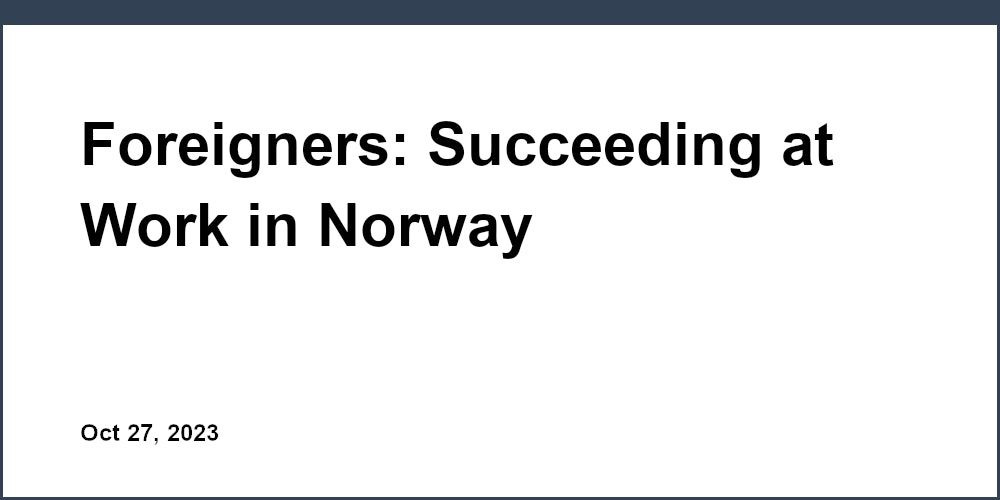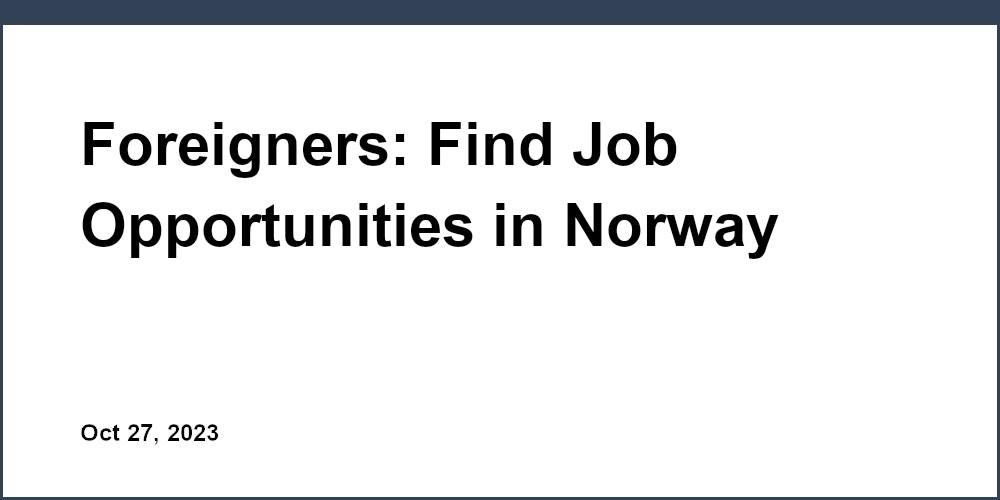Valentine’s Day in Norway, known as Alle Hjerters Dag, is celebrated on February 14th with a focus on meaningful connections rather than extravagant gifts. Unlike the commercialized versions seen elsewhere, Norwegians prioritize shared experiences, nature, and inclusivity – making it a day to appreciate all relationships, not just romantic ones.
Key Points:
- Celebration Style: Low-key and experience-driven, with activities like skiing, hiking, or making heart-shaped waffles.
- Gift Preferences: Handmade presents, personalized gifts, or experience vouchers instead of expensive items.
- For Singles and Friends: Social gatherings and community events are common, emphasizing equality and connection.
- Workplace Approach: Subtle team-building activities and shared snacks, avoiding overt romantic gestures.
Valentine’s Day in Norway blends simplicity, nature, and inclusivity, ensuring everyone can celebrate in a way that feels genuine and respectful.
Norwegian Valentine’s Day Traditions
Romantic Gestures and Gifts
In Norway, Valentine’s Day mixes classic romantic traditions with local charm. Many couples enjoy outdoor activities like skiing in the mountains or taking leisurely strolls by scenic lakes [1]. A popular destination for romance is Oslo’s Vigeland Sculpture Park, known for its historic and picturesque atmosphere [1].
Gift-giving has evolved over time, especially among younger Norwegians. Here’s how traditional presents compare to modern preferences:
| Traditional Gifts | Modern Preferences |
|---|---|
| Red roses | Personalized or digital gifts |
| Handcrafted or themed gift baskets | Experience vouchers |
| Handwritten cards | Outdoor activity packages |
Celebrations for Singles and Friends
Norway’s major cities host events that bring together singles and friends, often featuring heart-shaped waffles as a centerpiece for social gatherings [4]. Popular venues create warm, inviting spaces that encourage community and connection [2][6].
This inclusive style mirrors Norway’s cultural emphasis on equality and valuing all kinds of relationships. Whether spending the day with a partner, friends, or family, Norwegians focus on meaningful connections and shared experiences [2][6].
Interestingly, DNB bank notes a drop in Valentine’s Day spending [3]. This trend highlights Norway’s preference for heartfelt experiences over expensive gifts, making the holiday accessible and enjoyable for everyone.
Valentine’s Day in Norwegian Workplaces
Workplace Sensitivity on Valentine’s Day
Valentine’s Day in Norwegian workplaces tends to be low-key, aligning with the country’s professional culture. Inclusivity and avoiding overt commercialization are key principles, mirroring broader societal norms [5].
Here’s how Norwegian workplace traditions stand apart from more expressive cultures:
| Norwegian Workplace Approach | Practices to Avoid |
|---|---|
| Team-oriented activities | Romantic gestures aimed at individuals |
| Shared experiences | Personal Valentine’s cards |
| Informal gatherings | Public displays of affection |
Ways to Celebrate in the Workplace
With these cultural preferences in mind, Norwegian workplaces often choose subtle ways to acknowledge Valentine’s Day. The focus is on fostering team connections rather than highlighting personal relationships [2].
"In Norwegian workplaces, celebrating Valentine’s Day often means organizing team-building activities or simple outings to emphasize shared experiences" [2].
For international employees working in Norwegian settings, it’s important to prioritize professionalism over holiday festivities [5]. When planning workplace activities, consider these options that align with Norwegian workplace values:
| Activity Type | Description | Cultural Fit |
|---|---|---|
| Shared Snacks | Offering traditional Norwegian treats | Encourages community |
| Group Activities | Recognizing team contributions | Promotes inclusivity |
| Informal Gatherings | Casual after-work get-togethers | Highlights shared experiences |
These practices reflect Norway’s focus on genuine connections and understated celebrations. Any workplace acknowledgment should remain low-key while ensuring all colleagues feel included and comfortable [5].
Learn Norwegian Holidays – Valentines Day
sbb-itb-b864558
Tips for Navigating Valentine’s Day in Norway
Norway’s approach to Valentinsdagen (Valentine’s Day) focuses on meaningful connections rather than extravagant displays. Whether in personal or professional settings, understanding these customs can help you celebrate in a way that feels natural and respectful.
Valentine’s Day Do’s and Don’ts in Norway
In Norway, Valentine’s Day is about thoughtfulness and inclusivity. Here’s a quick guide to what works – and what doesn’t – when celebrating:
| Do’s | Don’ts |
|---|---|
| Plan shared experiences | Make grand public displays |
| Include friends and family | Focus only on romance |
| Keep workplace gestures subtle | Give expensive gifts |
Balancing Personal and Professional Boundaries
When it comes to the workplace, extra care is needed to keep things professional while still acknowledging the day. Subtle gestures, like offering traditional snacks or organizing casual team activities, fit well with Norway’s understated style [5].
Here are a few ideas for workplace celebrations that align with Norwegian values:
- Organize group winter walks.
- Share traditional Norwegian desserts.
- Plan informal, after-work gatherings [2].
"In Norwegian workplaces, celebrating Valentine’s Day often means organizing team-building activities or simple outings to emphasize shared experiences" [2].
Alle Hjerters Dag (All Hearts’ Day) is about celebrating all kinds of relationships – from friendships to professional connections [2]. This inclusive mindset makes it easier to honor the day without crossing boundaries, ensuring everyone feels respected and included [1][5].
Conclusion: Approaching Valentine’s Day in Norway
In Norway, Valentine’s Day, or Alle Hjerters Dag, focuses on genuine connections and shared moments rather than flashy, commercial gestures. This reflects the country’s emphasis on meaningful experiences over material gifts.
Many Norwegians prefer celebrating through outdoor activities or enjoying the natural beauty of the country. Whether it’s a winter hike or a cozy outdoor adventure, these activities align with the Norwegian appreciation for nature and simplicity [2].
In professional environments, the approach to Valentine’s Day is subtle and respectful. Celebrations often center on team-building activities rather than romantic gestures, maintaining a practical and inclusive tone [4].
Ultimately, Alle Hjerters Dag in Norway celebrates all types of relationships – romantic, platonic, and professional – while staying true to the values of respect, simplicity, and connection [4].
FAQs
How is Valentine’s Day celebrated in Norway?
In Norway, Valentine’s Day, known as Alle Hjerters Dag, focuses on shared moments rather than extravagant gifts. A report by Norwegian bank DNB shows that spending on Valentine’s gifts has dropped by 50% in recent years [3].
Here’s how people celebrate:
| Activity Type | Description |
|---|---|
| Shared Experiences | Activities like visiting Vigeland Sculpture Park or enjoying the outdoors. |
| Traditional Touches | Exchanging cards, roses, and chocolates. |
| Social Gatherings | Celebrating with friends and community groups. |
In workplaces, Norwegians keep things low-key, reflecting the country’s professional culture [5].
Younger generations are adding their own spin with personalized traditions, such as memory-themed gifts [1]. Still, the focus remains on meaningful connections rather than commercialism [2].
Kjærlighetens dag goes beyond romantic love, celebrating all types of relationships and promoting inclusivity [4]. This mirrors Norway’s cultural values of simplicity, community, and connection, both at work and in personal life.






